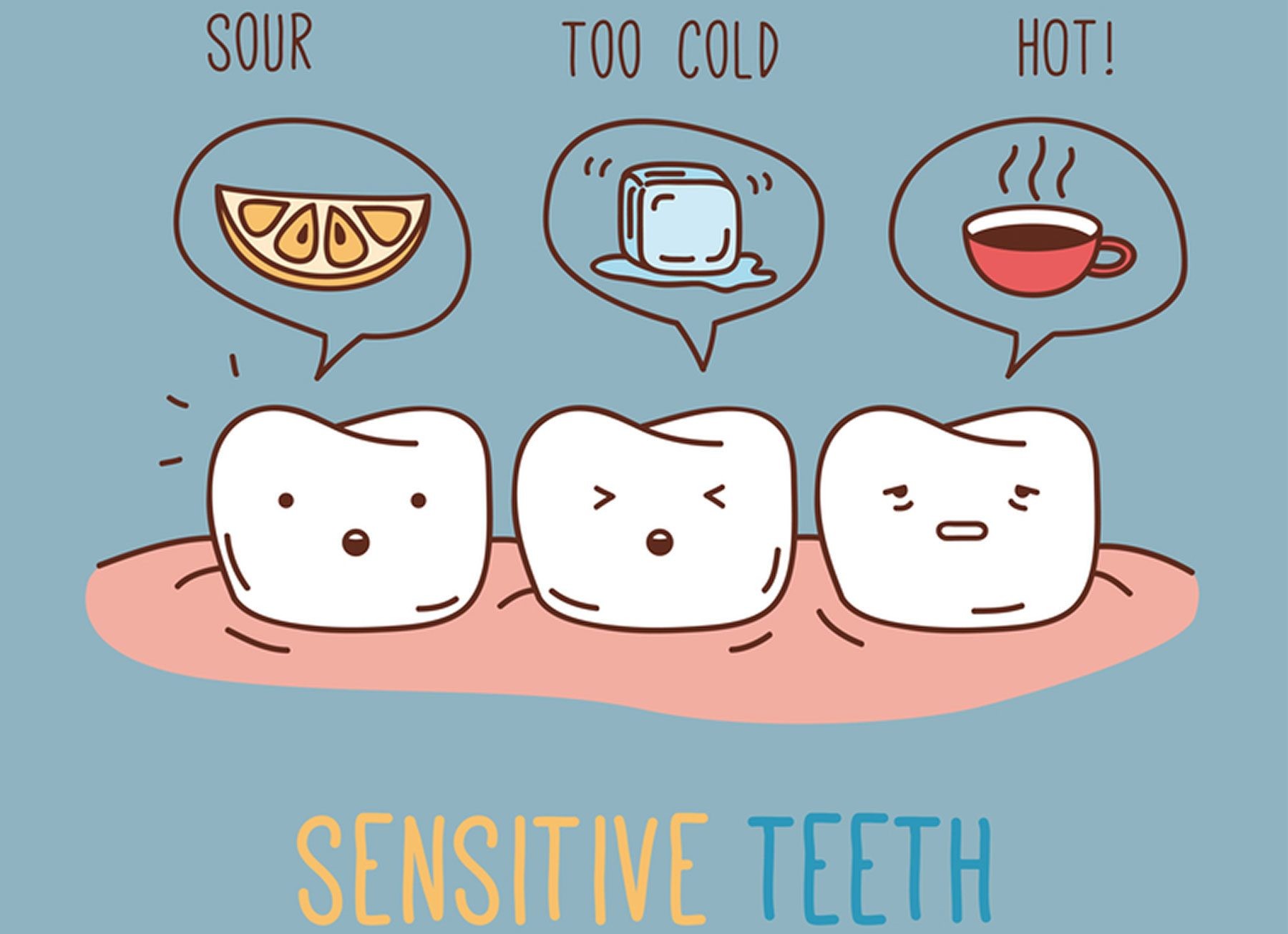Do you avoid popsicles, ice cream, and frozen fruit? Use a straw when drinking hot or cold liquids? Find yourself in pain at even the thought of a dental exam? You’re dealing with sensitive teeth – and you don’t have to put up with the discomfort.
When your teeth react strongly to outside stimuli, you just can’t go about your days in the usual way. Life is stressful enough: don’t let constant twinges make it even more complicated. With this sensitivity primer, you can learn more about why your smile is so sensitive, how to protect your sensitivity-prone teeth, and treatment options to rebuild enamel.
If you ever have questions about what might be right for your own sensitivity, please, give us a call. We’ll help you take the right steps to feel better and return comfort to your smile.
Why Are My Teeth So Sensitive?

Each tooth is composed of several layers, the outermost being your enamel. This is the hardest substance in the body, and it does its best to protect the inner areas of your teeth, including the sensitive tooth nerves. While your enamel’s thickness is determined during tooth development, there are steps you can take during daily life to help protect it and even remineralize it.
Why protect your enamel? Because the effects of time tend toward erosion. And when your enamel becomes weak and thins, that’s when sensitivity rears its ugly head. Some common causes of enamel erosion include:
Home Care For Tooth Sensitivity
Home Care For Tooth Sensitivity
If your sensitivity is severe, you may benefit from one of these longer-term treatment options.
Just get in touch with any questions! Let’s make 2015 the year you overcome sensitive teeth.

